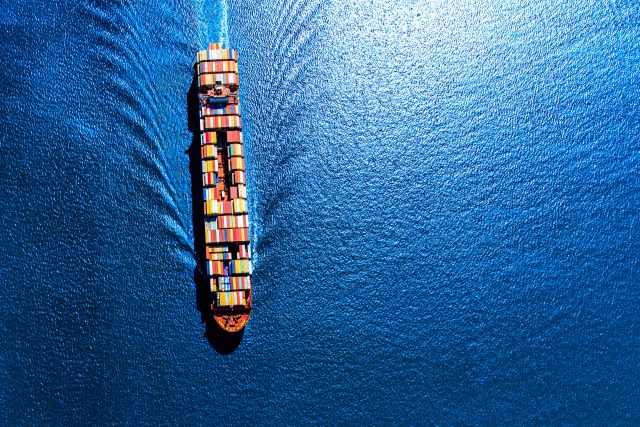This website uses cookies so that we can provide you with the best user experience possible. Cookie information is stored in your browser and performs functions such as recognising you when you return to our website and helping our team to understand which sections of the website you find most interesting and useful.
New shipping law means voyages may get even slower next year
Producers struggling with ongoing delays might like to cover their ears, as hold-ups are only likely to get worse. The reason? A new law coming into play means ships may have to slow down their speeds to comply.

From next year, a new law from the International Maritime Organisation (IMO) will require all ships to calculate their annual carbon intensity based on a vessel’s emissions for the cargo it carries. Shipping companies will be required to demonstrate that their emissions are progressively coming down.
The option is there to retrofit ships with devices to lower emissions but by far the easiest and cheapest way of meeting the new requirements is to simply slow down sailing. For companies with older fleets, this choice will be particularly favourable.
Given that a 10% drop in cruising speed can slash fuel usage by almost 30%, many shipping bosses are expected to put the proverbial brakes on as they sail into 2023.
As Reuters reported, shipping companies are essentially being told to either improve their ships (which costs money during a time when firms are already squeezed) or slow down their passages.
The new law comes in response to the rise in carbon emissions within the shipping industry last year, triggering calls to commit to carbon net zero by 2050. Currently, only around 5% of the world’s fleet are capable of running on alternatives to oil, and the IMO hopes this latest ruling will stem any further harm being done to the environment, and our seas.
It’s worrying news for drinks companies already facing delays of up to two weeks as containers languish in understaffed ports. However for some importers the issue appears to be less grave.
“For me, because we’re carrying so much stock, it doesn’t really matter if it takes three weeks or four weeks,” Paul Dauthieu, operations director, Ehrmanns Wines told db. “For something from Argentina that normally takes four weeks, if it takes five weeks, it wouldn’t really affect us.”
In May, a special ‘heat map’ revealed the ports that were causing the longest delays to the global supply chain, with Oakland and Los Angeles being the worst culprits in the US, and Shanghai and Ningbo having the longest waits in China.

